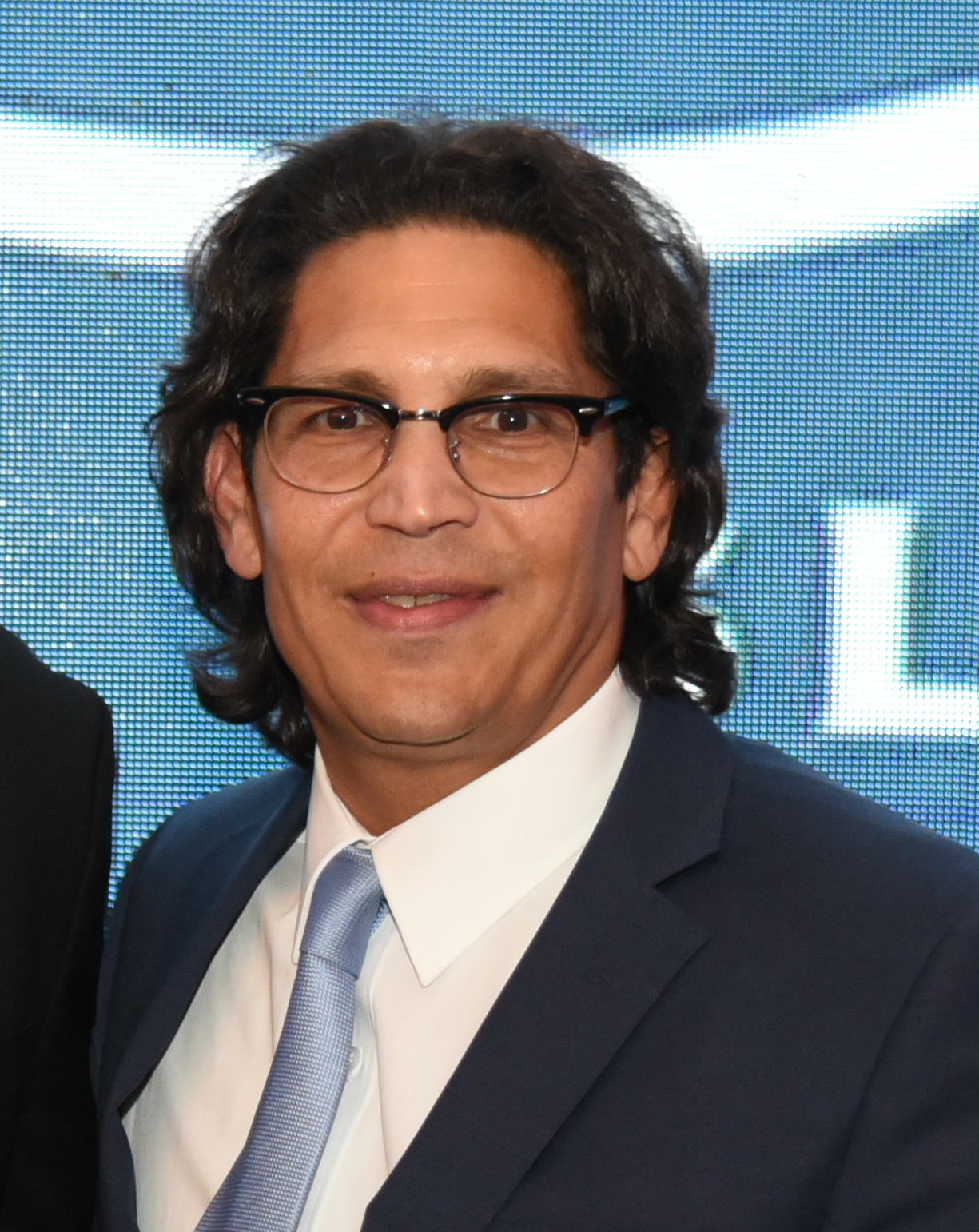
Director of Long Island LICAAD
This week (June 11th – 17th) is Men’s Health Week! The goal is to raise awareness about health issues that disproportionately affect men and encourage them to take control of their health, whether that means eating consciously or learning to manage stress. In honor of the occasion, I interviewed some of the most powerful and inspiring guys I know. Some are in the health and wellness industry, some are not, but all have motivating stories and sage advice to share.
Steve Chassman, LCSW, CASAC is the Executive Director of the Long Island Council on Alcoholism and Drug Dependence, Inc. (LICADD), an organization that is close to my heart. He is also a licensed clinical social worker who focuses on the treatment of mental health and substance abuse-related disorders. Steven is always studying the trends in substance use, what’s changed and what hasn’t. He offers many techniques for engaging and approaching young people today who are facing addiction. He is non judgmental, but rather firm in his belief, knowledgable in his field and relatable.
Shannon: How did you get involved with LICADD?
Steve: The Long Island Council on Alcoholism and Drug Dependence (LICADD) was founded in 1956. I have had the honor of serving the LICADD mission since 2007 as a licensed clinical social worker and credentialed substance abuse counselor. I formerly served as the clinical director for LICADD until 2013, eventually becoming the executive director at the height of the national public health crisis surrounding opiates and other substances. LICADD’s rich history of assisting families, community service and public advocacy has proved to be a driving force in providing life-saving services to Long Islanders for 62 years.
As a social worker and therapist, what inspired you to focus on substance-related disorders?
My interest in the field of substance use disorders dates back to my early involvement in the field of human service at the height of the HIV/AIDS epidemic in the late 1980’s and early 1990’s. I recognized that America’s perceptions of sex and drugs were primarily founded on certain limited views from a moral and ethical standpoint, and not addressing issues of public health and human behaviors to be identified and addressed without stigma or judgement. Therefore, the issue of drugs in America has always been one of public health and not a moral or ethical failing. People who use substances, including alcohol, are not bad people, in fact they are often really good people making a host of unhealthy decisions. Unfortunately, the stigma surrounding substance users still exists today and we have failed as a society to treat substance use disorders (SUD) with clinically effective biological, psychological and social modalities of the disease.
How are mental health and substance abuse connected?
Substance use disorders (SUD) is a psychiatric condition, as per the Diagnostic Statistical Manual of Disorders (DSM) published by the American Psychiatric Association. Often individuals display signs and symptoms of co-occurring disorders, including anxiety disorders and mood disorders, where substance use serves as an unhealthy attempt to self-medicate the emotional spectrum (i.e.: fear, sadness, anger). As a result of not thoroughly addressing SUD as the psychiatric condition it is, complete with symptom logy and a disease progression, we have inadequately been addressing this progressive disease by labeling individuals who suffer from this condition as moral or ethical failures. With proper clinical methodology and application, we can better engage and treat individuals with substance use disorders and co-occurring disorders.
Why is health and wellness important to you personally?
The human experience is about balance and developing healthy coping skills for the emotional spectrum which is constantly in flux as a result of internal and external triggers. Personalized and specific wellness plans are vital toward promoting physical and psychological balance, particularly when the digital and technological revolution has sped up the world exponentially. Our minds and bodies are interconnected. Therefore, treating the mind through evidence-based wellness strategies is essential towards promoting psychological and physical wellbeing.
What about health and wellness do you think is a common misconception particularly for men?
The primary misconception surrounding health and wellness for men is that wellness is centered primarily in physical development. It is entirely too common that men neglect their emotional and spiritual development under the age old disproven approach that “I will handle it myself,” instead of the development of a healthy support network, exploring mindfulness to promote patience and tolerance and building a compassionate heart which serves individuals, families and communities alike and promote emotional stability. The cultivation of these virtues and coping skills are being underemphasized in the modern age, and as a result, we are witnessing emotional unrest, irritability, unprecedented exhibitions of aggression and violence and an inability to practice emotional self-regulation.
Do you find that men are less likely to open up about mental illness than women? If so, why do you think this is and what can we do as a society do to change it?
Ego is the great obstacle to growth, balance, humility and strength. As a society we are in desperate need of psycho-education surrounding the concrete development of thoroughly constructed wellness strategies to promote psychological and physical stability. We are witnessing too many Americans seeking out pills, powders and potions as a “quick fix” for balance, but unfortunately, we have only propagated a national drug crisis in the search for such a euphoric and balanced life. The healthy coping skills are no secret; exercise as the greatest reducer of stressors and fears, mindfulness as a means of powering down, healthy communication skills as a means of expression, community service as a means of self-esteem boosting and developing a support in the concept of interdependence to promote a greater understanding of empathy, patience and tolerance of others as a means of spiritual development.





